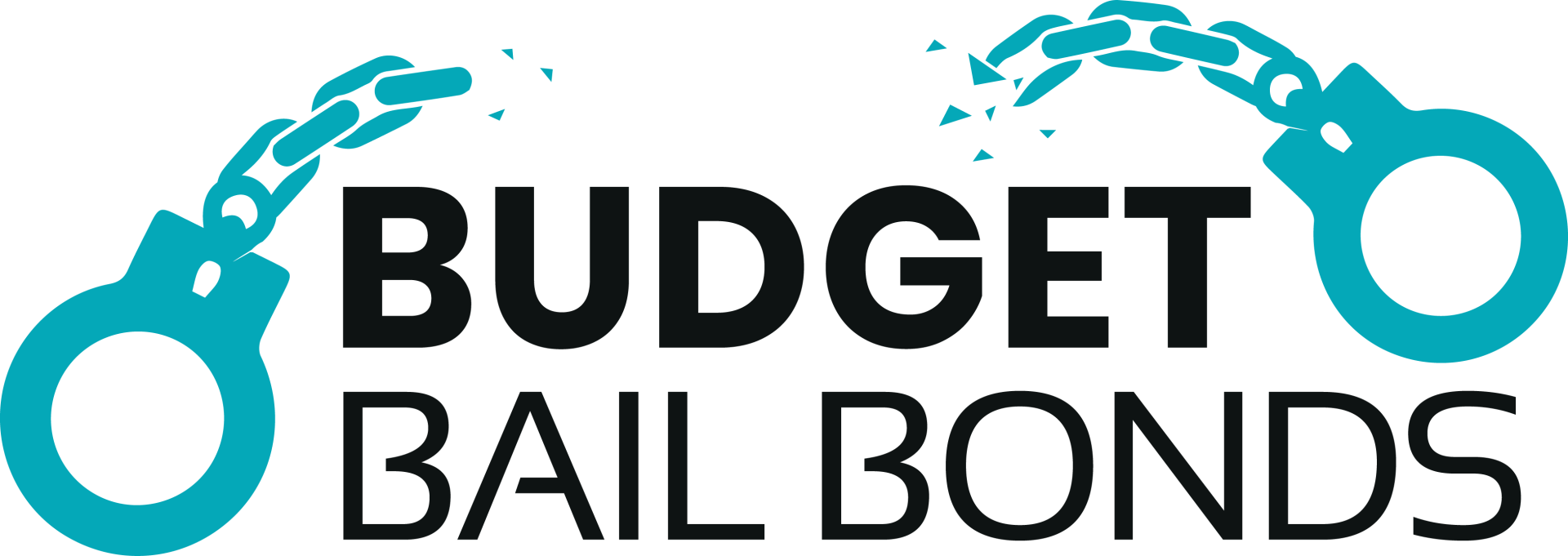How the Connecticut Bail Bond Process Differs from Other States
The bail bond process is an essential part of the criminal justice system, but it’s important to note that the procedures can vary from state to state. Connecticut has unique laws and practices that set it apart from other states, and understanding these differences is crucial if you or a loved one is arrested here. Below, we explore some key ways the Connecticut bail bond process stands out.
1. No Commercial Bail Bonds in Certain Situations
Unlike many other states, Connecticut prohibits the use of commercial bail bonds for certain minor offenses. For example, if the charge is a misdemeanor and the bail amount is under $20,000, the court may require a promise to appear or a cash-only bail. This eliminates the option to use a bail bond company for these cases.
2. Set Bail Amounts Vary by Charge
In Connecticut, the court or a bail commissioner sets bail based on several factors, including the severity of the charges, the defendant’s criminal history, and their likelihood of appearing in court. While this is similar to other states, Connecticut gives bail commissioners significant authority to adjust bail amounts at the time of arrest, especially for lower-level offenses.
3. Strict Bail Fee Regulations
Connecticut tightly regulates the fees that bail bond companies can charge. For bonds up to $5,000, the premium is capped at 10% of the bond amount. For amounts over $5,000, bail bond companies can charge 7% of the bond over that amount, plus $500. This ensures pricing transparency for defendants and their families, something that’s less controlled in other states.
4. Pretrial Services Play a Bigger Role
Connecticut emphasizes the use of pretrial services to monitor defendants released on bail. These services may include check-ins, drug testing, or other conditions, ensuring that defendants meet their obligations while awaiting trial. Many other states rely less on such monitoring programs.
Get Professional Help with the Connecticut Bail Process
Navigating Connecticut’s unique bail bond process can be challenging, especially if you’re unfamiliar with the state’s laws. At Budget Bail Bonds, we’re experts in the Connecticut legal system and are here to guide you every step of the way. Contact us 24/7 for fast, affordable, and reliable bail bond services. Let us help you bring your loved one home today!










fast 24/7 bail bonds
To speak with someone now, call us at (860) 649-2221 or fill out the form below.
Contact Us
We will get back to you as soon as possible
Please try again later
Our Services
Quick Links
Contact Us
1337 Dixwell Ave, Hamden, CT 06514
419 Center St, Manchester, CT 06040
419 Whalley Ave, New Haven, CT 06511

